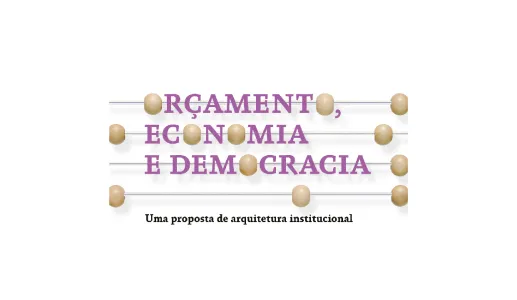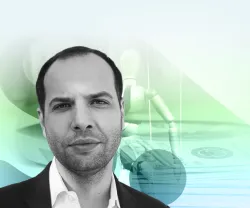
Budget, economy and democracy
It is essential for any developed country to have policy formulation capacity of the highest scientific and technical level, as well as a decision-making and monitoring system for assessing policy implementation that uses the best practices worldwide. Over the last two decades, there have been numerous theoretical contributions, from public administrative management to macroeconomics, political analysis and tax theory, which have contributed greatly to improving the efficiency of fiscal policy, and which, when put into practice in various countries, have contributed to economic development, greater social participation and more legal transparency.
This study by Fundação Francisco Manuel dos Santos aims to analyse the current situation of the formulation and implementation of fiscal policy in Portugal, in the context of the European Union, and to propose a set of recommendations for improving its effectiveness, in terms of efficiency goals in the allocation of resources, stabilisation of the economy, sustainability and equity. To this end, the authors seek to clarify a number of issues:
- How could successive governments have used fiscal policy to reduce economic fluctuations?
- Has Portugal ever respected the Stability and Growth Programme?
- How could the country improve the budget rule to be followed in fiscal policy?
- Was the sovereign debt crisis from 2010 to 2014 avoided?
- Was Portugal's economic and financial crisis from 2010 to the present avoided?
- Will there have to be a change in the macroeconomic regime over the next two decades?
- What role does fiscal policy play in reducing economic inequality in our country?
- How do the levels of efficiency and effectiveness in education, health and justice in Portugal compare to those of other European countries?
- Do we have an efficient tax system (in the sense of minimising distortions in the economy, whether on savings and investment, work or leisure)?
- Is it in the budgetary procedure that a revolution is needed?
- Is democratic control of the budget satisfactory?
- Is the intervention by constitutional and administrative justice authorities up to the standard required of a modern democracy?
Through this study, FFMS seeks to contribute to more in-depth knowledge of a fundamental issue for the political and social life of the country and thus encourage public and political debate on the subject.









